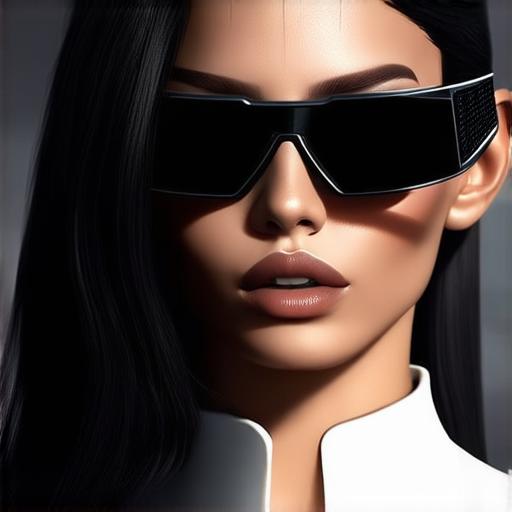1. Sephora
Sephora is one of the largest beauty retailers in the world, with over 3,000 stores and a global presence. The company has been using AR to enhance the shopping experience for its customers.
2. L’Oreal
L’Oreal is a global beauty company that produces a wide range of products, including hair care, makeup, and fragrances. The company has been using AR technology to showcase its products in a more interactive way.
3. Cover FX
Cover FX is a high-performance makeup brand that is known for its long-lasting, full-coverage products. The company has been using AR technology to showcase its products in a more interactive way.
4. Anastasia Beverly Hills
Anastasia Beverly Hills is a luxury beauty brand that is known for its high-quality makeup products. The company has been using AR technology to showcase its products in a more interactive way.
5. Maybelline
Maybelline is a global beauty brand that produces a wide range of products, including makeup, hair care, and skincare. The company has been using AR technology to showcase its products in a more interactive way.
How Augmented Reality Is Changing the Beauty Industry
The beauty industry is constantly evolving, and augmented reality technology is playing a big role in that evolution. AR is changing the way beauty brands interact with their customers, providing personalized recommendations, and creating immersive shopping experiences.

1. Personalization
One of the biggest benefits of AR technology is its ability to provide personalized recommendations. By using machine learning algorithms, AR apps can match a customer’s skin tone and provide product recommendations based on their preferences.
2. Immersive Shopping Experiences
AR technology is also changing the way beauty brands create shopping experiences for their customers. By allowing customers to try on makeup virtually, AR apps create an immersive shopping experience that helps customers find the perfect shade of lipstick or foundation.
3. Virtual Makeovers
AR technology is also being used to provide virtual makeovers for customers. For example, the “L’Oreal Magic Mirror” app allows customers to try on makeup virtually using their smartphone cameras.
4. Education and Training
AR technology is also being used in the beauty industry for education and training purposes. By providing virtual try-on experiences, AR apps can help beauty professionals learn about new products and techniques. This can help improve the overall quality of services provided by beauty professionals.
5. Accessibility
Finally, AR technology is making beauty products more accessible to customers around the world. By providing virtual try-on experiences, AR apps can help customers see what products look like on their skin without having to visit a physical store. This can be particularly helpful for customers who live in rural areas or have limited access to beauty products.
Summary
In conclusion, augmented reality technology is transforming the way beauty brands interact with their customers and create shopping experiences. By providing personalized recommendations, immersive shopping experiences, virtual makeovers, education and training opportunities, and increased accessibility, AR technology is helping to improve the overall quality of services provided by beauty professionals and making beauty products more accessible to customers around the world.